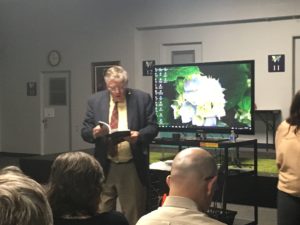In the world of looking at mythology through a depth psychological lens, many people come to the conclusion that we all are living in myths. Some of these myths are based in sacred traditions, some of these myths are based in scientific traditions, some of these myths are based in cultural traditions, and some of these myths are based in family traditions. When each of us look at the world, we see the world through the lens of the myths in which we are living.
Please pause for a moment and reread the paragraph above as this is a really big idea. You may agree with it, you may disagree with it, but it’s a huge idea.
Think of it as we are all looking through glasses with different colors and tints. If I’m wearing rose colored glasses and you’re wearing yellow colored glasses, the world will appear differently to each of us. Now think of those glasses as being your deepest self. The person your parents, your culture, and your unique being have created. You can’t just switch glasses to see what someone else is seeing without pealing back layers of how you view the world.
As each of us is responding to the COVID-19 pandemic unfolding around the globe, we are all reacting to it via our personal myths. The unfolding drama can shatter part of your mythic self when people die despite the best efforts of Western medicine, prayer, rituals, or self-care.
When events unfold that contradict deeply held beliefs, we often end up in denial, or we have to recreate the mythic world in which we live. Neither of these options is easy.
Trying to remove from our lives all evidence that contradicts our mythic world view can leave us isolated, disengaged from the world around us, and in one sense, like being a member of a cult. Cults try to shut out all information that is contrary to the cult’s mythic world view, in a place with no future, no options, and the inability to engage with friends and family who are not part of the cult.
The other option is to modify our mythic world views by questioning the myths in which we reside. This can be emotionally painful as we have to let in ideas, myths, and yes sometimes people, that we have kept at a distance. We have to challenge ourselves by questioning our own perspectives, deeply considering the perspectives of others, and finding a way to shift our mythic world view to encompass the new realities.
The world has completely shifted in thirty days. As small children we absorb new mythic perspectives as we inhale, but the older we get, the more baggage we have to shift around to fine tune or recreate a mythic world in which we are comfortable.
All that stress, confusion, and doubt floating around can be seen in a positive light as mythic world views growing and changing. some options to play with emerging themes and ideas: journal, draw, or reflect on what you are feeling and how it upsets your mythic world view. Mythic world views are not right or wrong.
A better question might be,
Does your mythic world view truly serve you, the community around you, and this beautiful planet we call home?
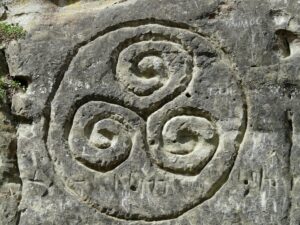
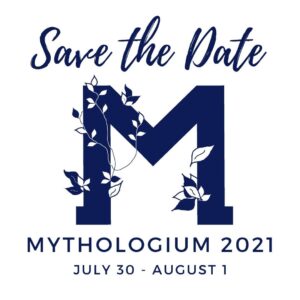
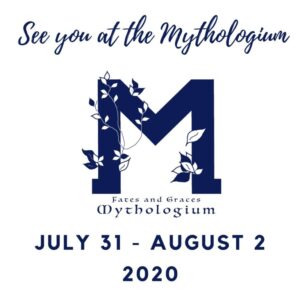


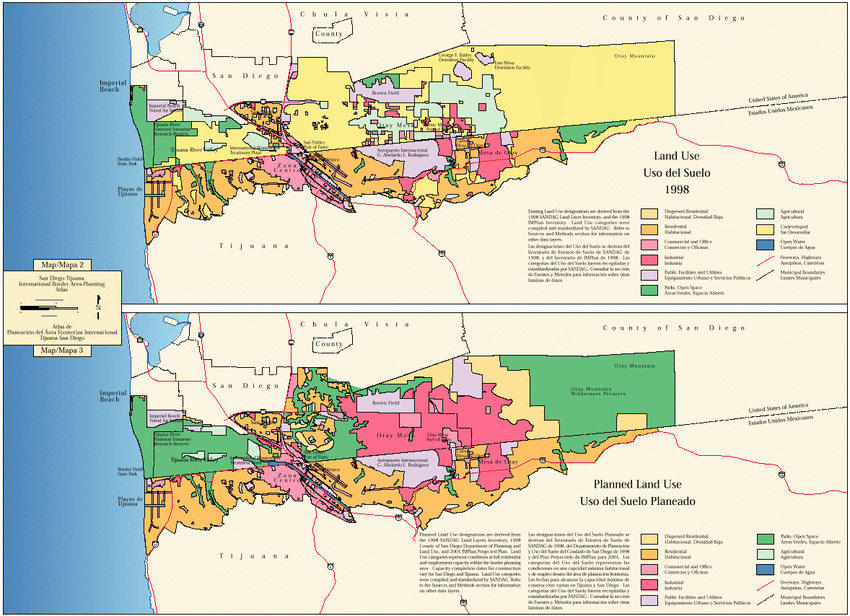
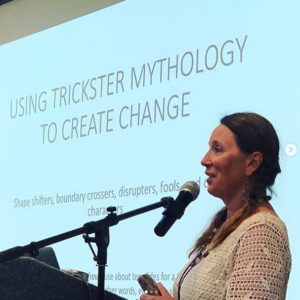

 On Saturday, March 2, I will be presenting a paper at the American Academy of Religion Western Region Conference at Arizona State University in Tempe, Arizona.
On Saturday, March 2, I will be presenting a paper at the American Academy of Religion Western Region Conference at Arizona State University in Tempe, Arizona.